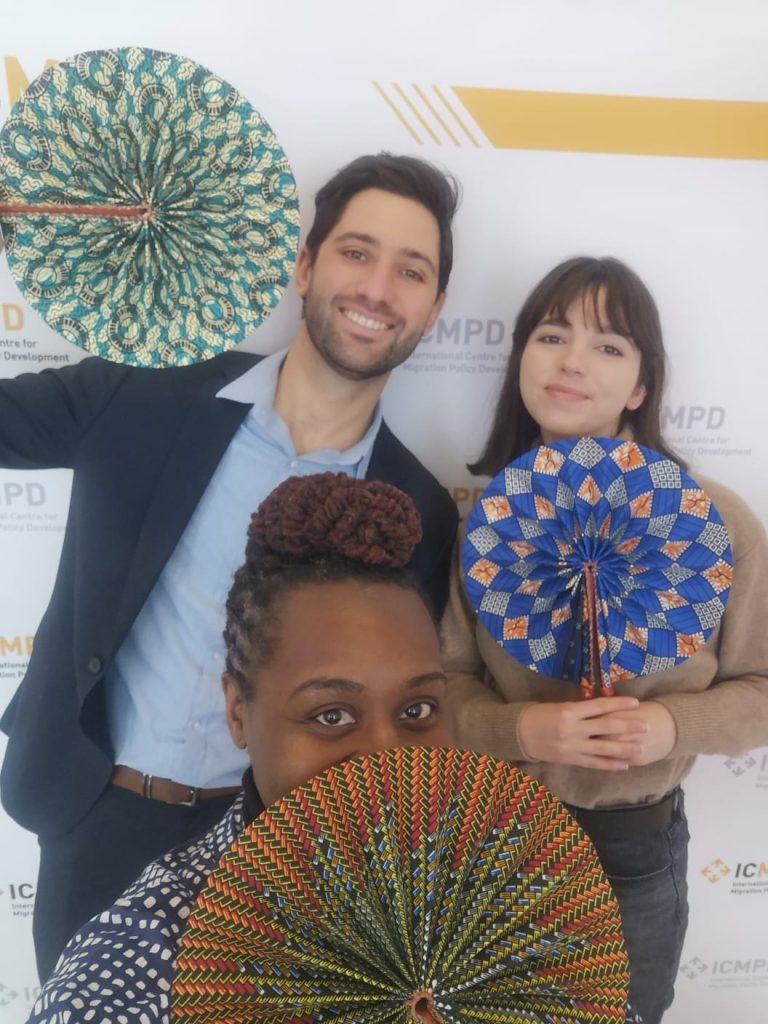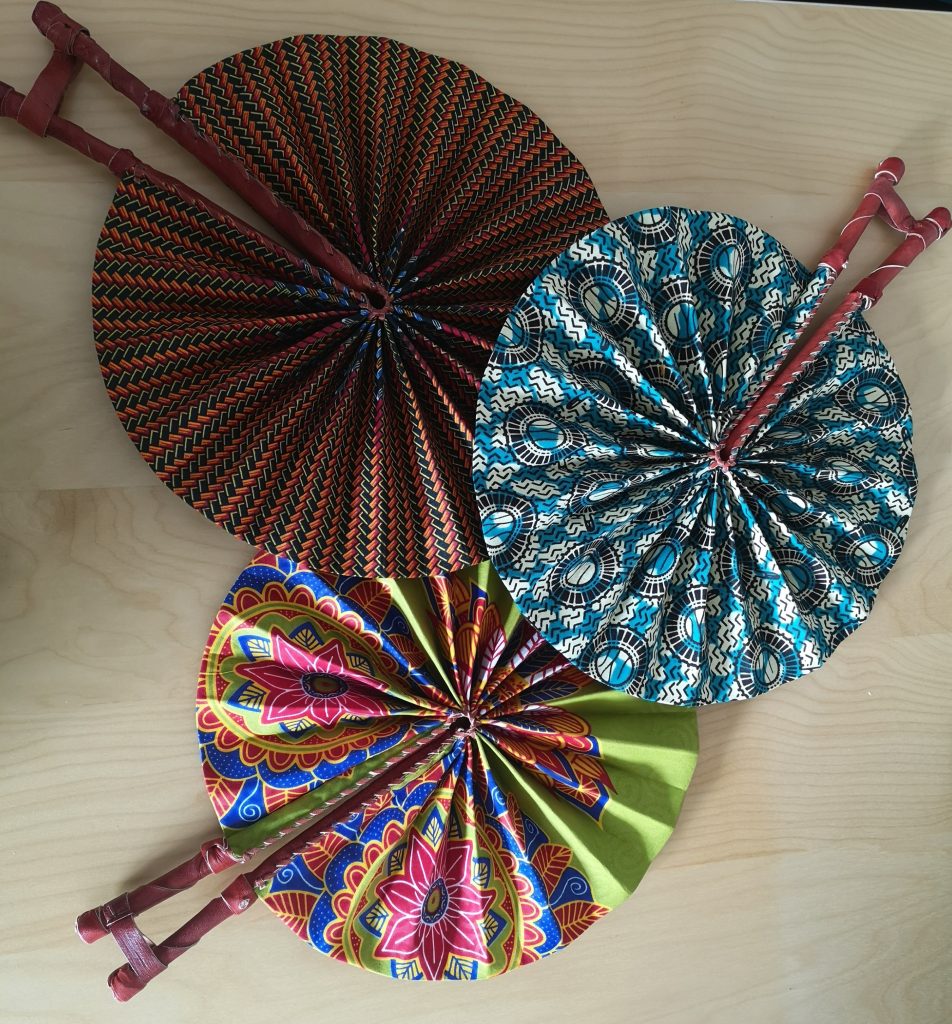
Elvina Quaison, EUDiF Diaspora Engagement Specialist, is just back from Ghana. Today, 6 March, her country of heritage celebrates its Independence Day. To mark the occasion, Elvina shares what this day has meant for her over the years.
Ghana Independence 2007 was a pivotal point for me as it marked fifty years of independence for Ghana and inspired the birth of the Ghana Black Stars Network (GBSN) of which I was one of five founders. This network recognised the desire for British Ghanaians to connect and understand more about their country of heritage, as well as to create a space to celebrate the diaspora identity of our dual cultures combining. For the founders of the network, Independence Day motivated us to reflect on our Ghanaian history; from how Ghana came into existence as a country, the influence of African diaspora of that period (including founding father Kwame Nkrumah), to how we came to be in the UK and the role we can play to build our country of heritage.
Through the events we organised in that milestone year, to subsequent ones over the following five years, we built relationships with institutions like the Ghana Investment and Promotion Centre (GIPC), Diaspora Affairs office (at first in the Ministry of Foreign Affairs and later in the office of the President), Ghana High Commission in UK and with diaspora organisations broadly. From celebrating our culture through music, dance and food, to establishing Ghana as a destination for investment and entrepreneurship, the GBSN highlighted the impact diaspora can make to individuals and institutions.
This year, as we celebrate 66 years of independence, it is gratifying to see the level of importance and inclusion the Ghana government extends to its diaspora. On a recent mission to Ghana I spoke with Marina Lamptey, Head of the newly established diaspora desk at GIPC . In addition to investment, the diaspora desk takes an interconnected approach across the ministries to provide diaspora with a “one stop shop” to address investment and – to some extent – relocation needs.
I also visited Nadia Musah, Deputy director of the Diaspora Affairs in the Office of the President. Nadia reminded me of the work we have done together over the years linked with the various roles I have held in a professional and volunteer context. The work of the various government departments within Ghana and how they work closely with diaspora continues to go from strength to strength.
Being part of the diaspora, I am particularly excited to see how the diaspora has become a collective of influential ambassadors for Ghana, in particular by encouraging tourism, investment and just good old fun! The interest in Ghanaian culture among the diaspora has had an influential impact on the growth of creative industries in Ghana: products ripple around the world through the nostalgic economy and appreciation for the beauty and innovation of Ghanaian design. As a good ambassador and supporter of made in Ghana products, on my latest trip I had to make sure I brought a touch of Ghana to my colleagues in Brussels to help us fan the flames of local entrepreneurship. Now, working on a global level project on diaspora engagement, I draw on my personal and professional experiences with Ghana, and sometimes I get to work directly with the country that is so important to me (check out the action with AFFORD on crowd-funding which includes Ghana as a target country).
Ghana is a leading light in diaspora engagement innovation, so today, I say “Ayekoo” to Ghana and all those connected to Ghana: backwards never, forwards ever!

